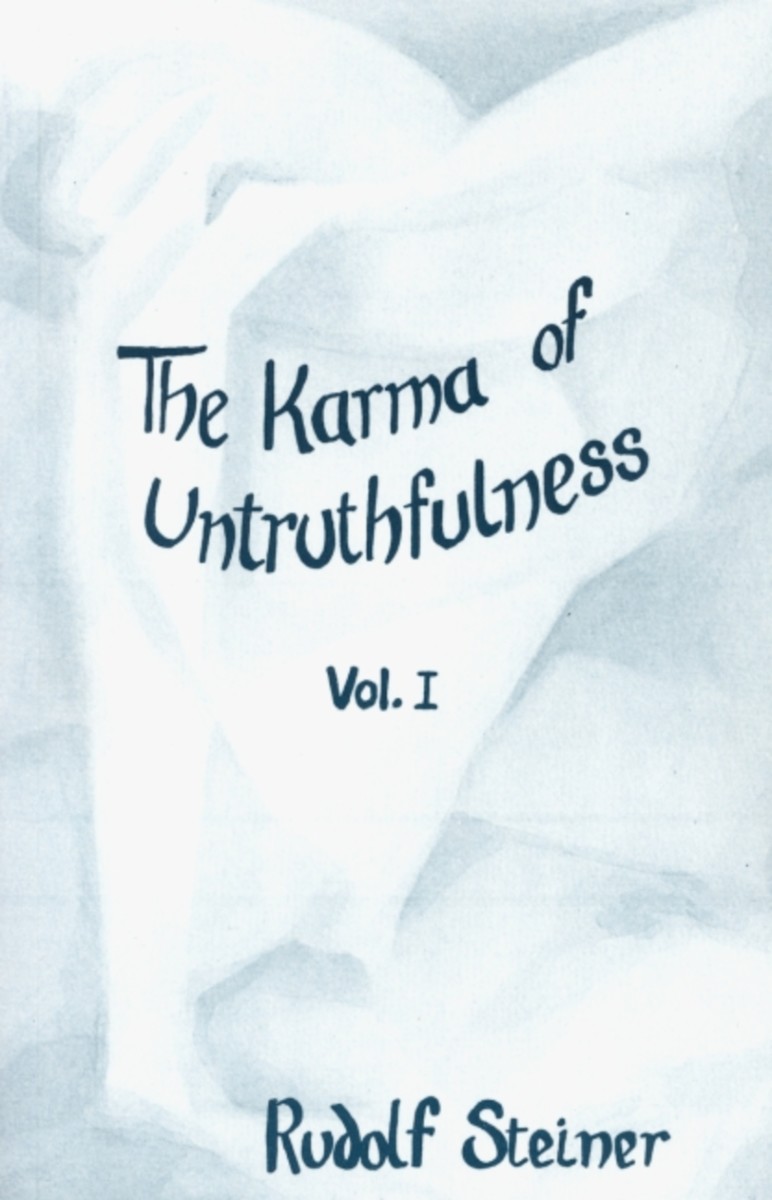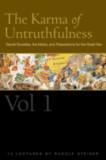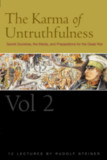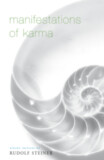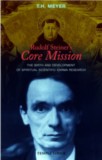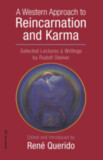The Karma of Untruthfulness
Volume 1 (CW 173)
- Publisher
Rudolf Steiner Press - Published
1st November 1988 - ISBN 9780880103022
- Language English
- Pages 306 pp.
- Size 5.5" x 8.5"
13 lectures, Dornach and Basel, December 4–31, 1916 (CW 173)
Although these lectures were given in 1916, they have much to teach us about today’s political spin, media distortions, propaganda and downright lies—all delivered by the media on a daily basis. Rudolf Steiner’s calm, methodological approach penetrates the smokescreen of accusations and counterclaims, illusions and lies, surrounding World War I. From behind this fog and under the guise of outer events, the true spiritual struggle is revealed. Steiner’s words give the reader a deeper understanding of the politics and world conflicts that confront us today through the filter of popular media.
Amid the turmoil of World War I, Steiner spoke out courageously against the hate, lies, and propaganda of the time. His detailed research into the spiritual impulses of human evolution allowed him to reveal the dominant role that secret brotherhoods played in events that culminated in that cataclysmic war. He warned that the retarding forces of nationalism must be overcome before Europe can find its true destiny. He also emphasized the urgent need for new social structures in order to avoid such future catastrophes.
Political and social changes around the world are moving at a breathless pace, hurtling us all toward an uncertain future. These lectures illuminate much of what lies behind today’s turbulent events and the scenes played out on the nightly news.
This volume is a translation from German of Zeitgeschichtliche Betrachtungen. Das Karma der Unwahrhaftigkeit – Erster Teil. Kosmische und Menschliche Geschichte Band IV (GA 173).
A more recent edition (ISBN 9781855841864) of this book is available.
Rudolf Steiner
Rudolf Steiner (b. Rudolf Joseph Lorenz Steiner, 1861–1925) was born in the small village of Kraljevec, Austro-Hungarian Empire (now in Croatia), where he grew up. As a young man, he lived in Weimar and Berlin, where he became a well-published scientific, literary, and philosophical scholar, known especially for his work with Goethe’s scientific writings. Steiner termed his spiritual philosophy anthroposophy, meaning “wisdom of the human being.” As an exceptionally developed seer, he based his work on direct knowledge and perception of spiritual dimensions. He initiated a modern, universal “spiritual science” that is accessible to anyone willing to exercise clear and unbiased thinking. From his spiritual investigations, Steiner provided suggestions for the renewal of numerous activities, including education (general and for special needs), agriculture, medicine, economics, architecture, science, philosophy, Christianity, and the arts. There are currently thousands of schools, clinics, farms, and initiatives in other fields that involve practical work based on the principles Steiner developed. His many published works feature his research into the spiritual nature of human beings, the evolution of the world and humanity, and methods for personal development. He wrote some thirty books and delivered more than six thousand lectures throughout much of Europe. In 1924, Steiner founded the General Anthroposophical Society, which today has branches around the world.


